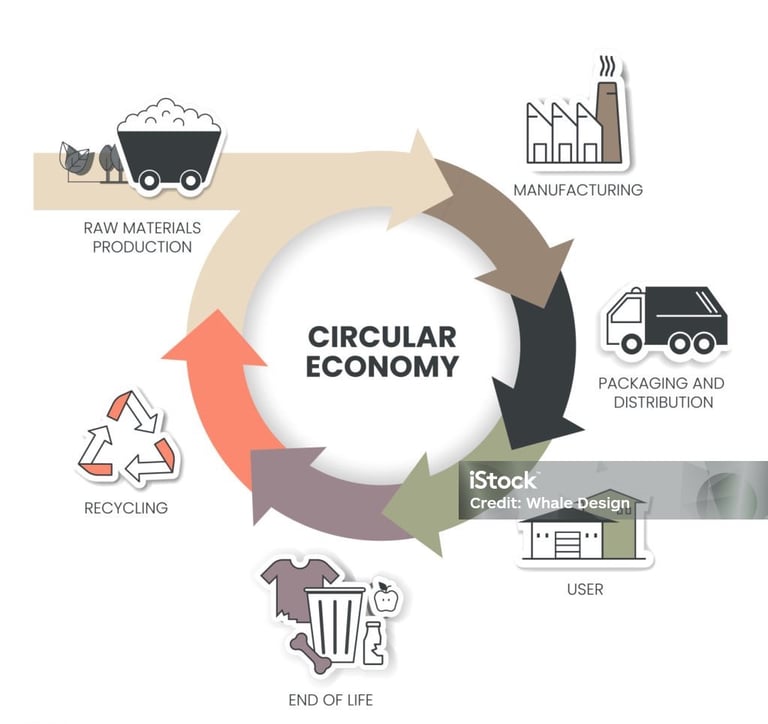A Global Push for Sustainability at Busan, South Korea
The fifth session of the Intergovernmental Negotiating Committee (INC-5) for a global treaty on plastic pollution recently concluded in Busan, South Korea, marking a pivotal moment in the global fight against plastic pollution.
Nitin Sharma
12/1/20241 min read


This gathering aimed to finalise the framework for a legally binding treaty to address the life cycle of plastics, from production to waste management. The event brought together over 175 nations, environmental groups, and industry stakeholders, reflecting diverse interests and challenges in tackling plastic pollution.
The treaty's emphasis was on the "full life cycle of plastics," encompassing production, usage, and disposal. While most nations advocated for ambitious measures, including limits on plastic production, others favored focusing solely on recycling and waste management to avoid economic disruptions in fossil-fuel-dependent regions. A compromise allowed negotiations to proceed using a streamlined draft text as a base, although disagreements persist on major points such as production caps and chemical restrictions
Divergent National Perspectives
High Ambition Coalition: Comprising nations like Rwanda, Germany, and the UK, this group strongly advocated reducing plastic production to sustainable levels, emphasizing that pollution cannot be mitigated without addressing its root cause—overproduction.
Fossil Fuel-Dependent Nations: Countries like Saudi Arabia, Russia, and Iran resisted production curbs, citing economic reliance on petrochemical industries. They argued for demand-side measures like improved recycling and waste management.
Developing Nations: Many called for financial support to transition away from plastic dependence and manage waste effectively, proposing the establishment of a new multilateral fund to assist less developed countries
Busan also hosted parallel events such as the Youth and Stakeholder Assembly and discussions on extended producer responsibility (EPR). These sessions spotlighted community-driven solutions, regional challenges, and innovative approaches to reducing plastic waste
The INC-5 negotiations underscore the urgent need for global unity to combat plastic pollution. While nations vary in their approaches, the momentum generated in Busan reflects a growing recognition of the environmental and economic imperatives of sustainability. As the treaty negotiations advance, the world watches to see whether leaders can align their ambitions to create a future free from the blight of plastic pollution.
MORE UPDATES ON
Home
At Trugro Exporters, we envision a world where businesses and consumers can thrive without compromising the well-being of our planet. Join us on our journey to make a positive impact—one sustainable solution at a time. Together, let’s create a future where nature and innovation flourish hand in hand.
FAQs